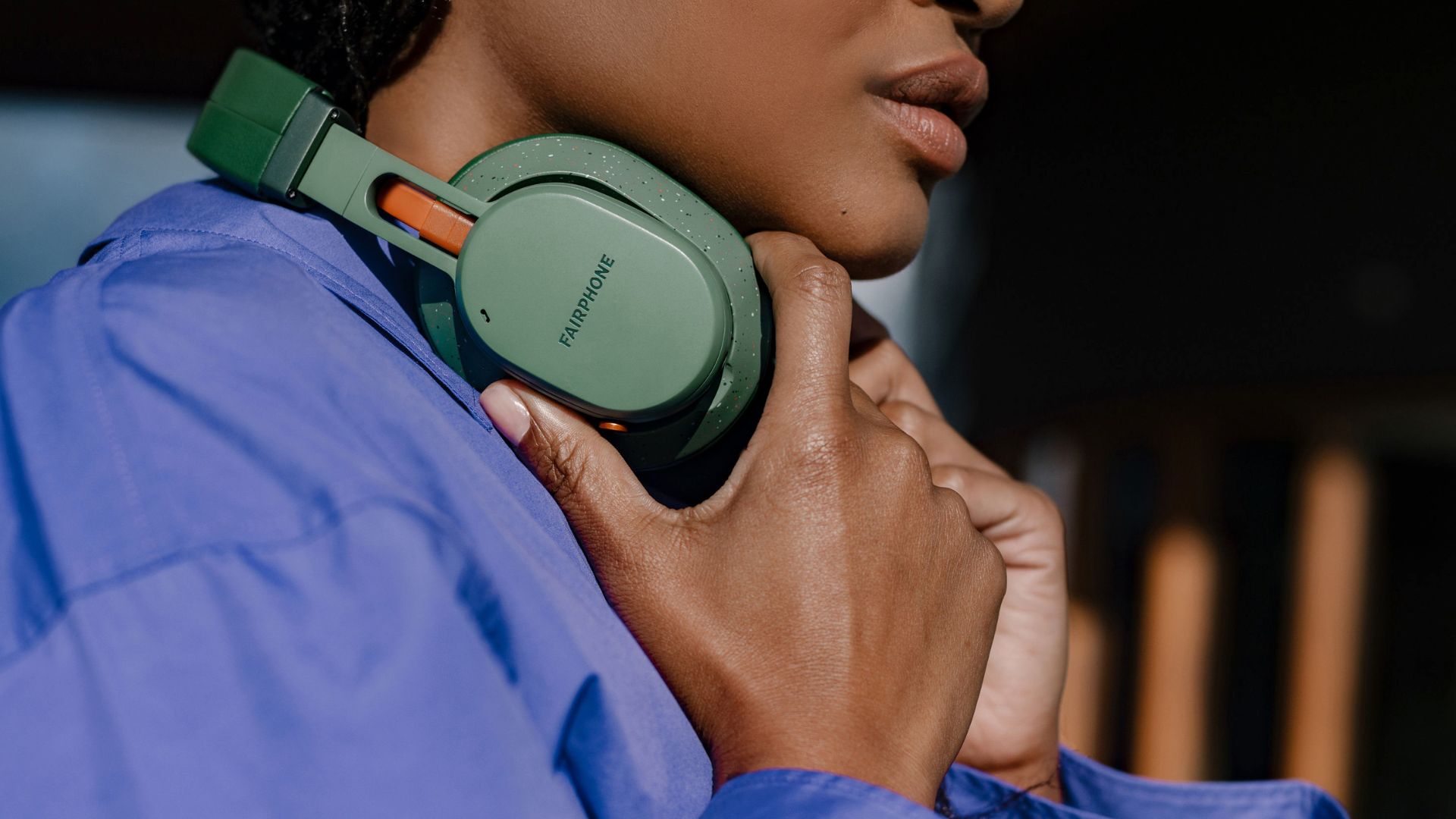
Would you buy a pair of modular headphones? Because I think I might. Think about it – Bluetooth headphones are notoriously locked down, with tightly integrated circuitry and batteries, making them almost impossible to repair if they go kaput. Some of them have a 3.5mm headphone jack that you can use to make them wired if the batteries go out, but that still leaves the rest of the headphones useless if something like the headband breaks during a particularly rushed commute to work on the tube.
I do love Bluetooth headphones and their convenience, but I’ve long viewed them as eventual e-waste destined for the trash pile as soon as you’re done with them. Once they’re broken, they’re broken, and that’s the end of it – time to buy a new pair.
The e-waste problem
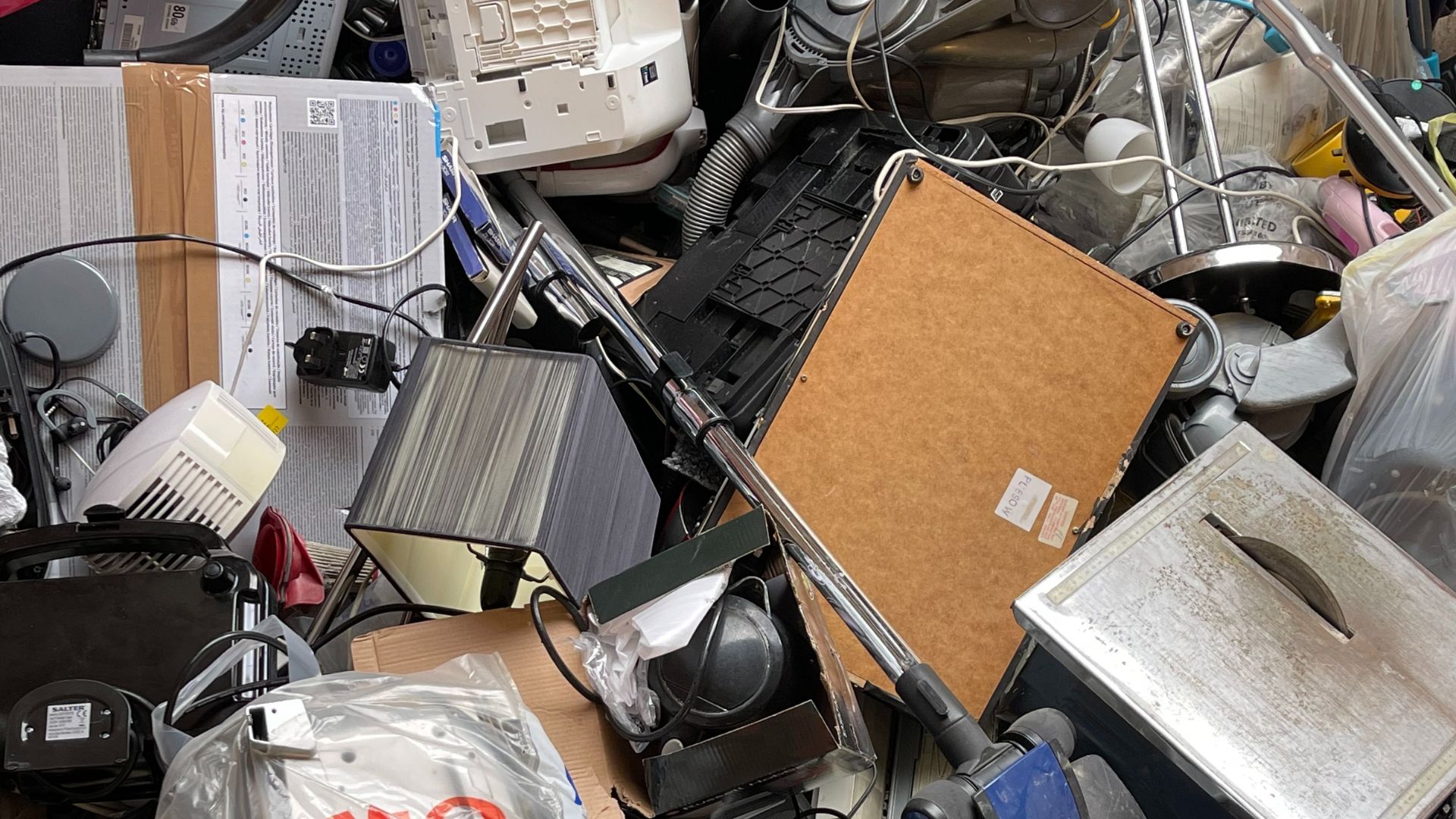
It’s difficult to deny that the tech industry has an incredible responsibility to the planet. Electronic waste, or ‘e-waste’, makes up 70% of all toxic waste that humans produce, and percentages of e-waste recycled range from 12-17%, depending on where you look. According to Statista, there was a grand total of 56 million tonnes of e-waste created from 2010 to 2019, and as more and more people use tech, that number unfortunately is only set to rise. If we’re not careful, we’re going to be drowning in broken tech.
This wasn’t always the case with electronics, where repairability was built in. Let’s look at headphones again: These are the HD600 from the brand Sennheiser.
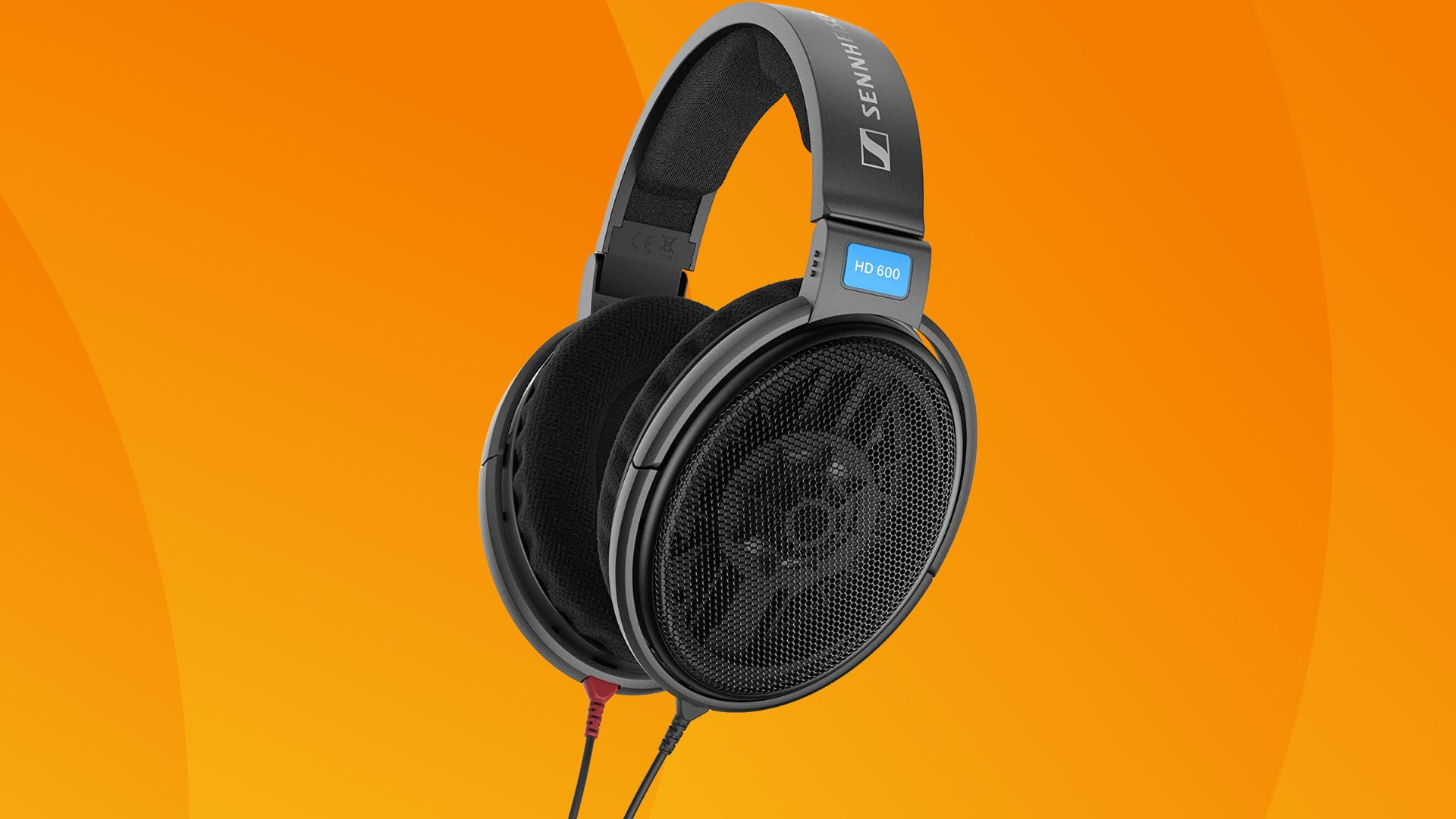
You can replace almost any part of these headphones, from the earcups to the headband and even the drivers inside. The cable is replaceable, letting the headphones last longer than anything else you can get now. They were first sold in 1997 – almost 30 years ago. And you know what? It’s likely that there are more pairs of HD600 bought then that still work and are used over a pair of Bluetooth headphones made a fraction of the time ago.
Now, Headphones are just made to be used and thrown away – yes, even your beloved AirPods Max.
Now, Headphones are just made to be used and thrown away – yes, even your beloved AirPods Max. They are not supposed to last until the year 2045, they’re supposed to last until the next version comes out, and you buy those instead. Sure, you can sell them for someone else to use – but they’re outdated by then. Not as good without support for the latest version of Bluetooth or a new audio codec. It’s silly, let’s be honest.
Modular headphones to the rescue?
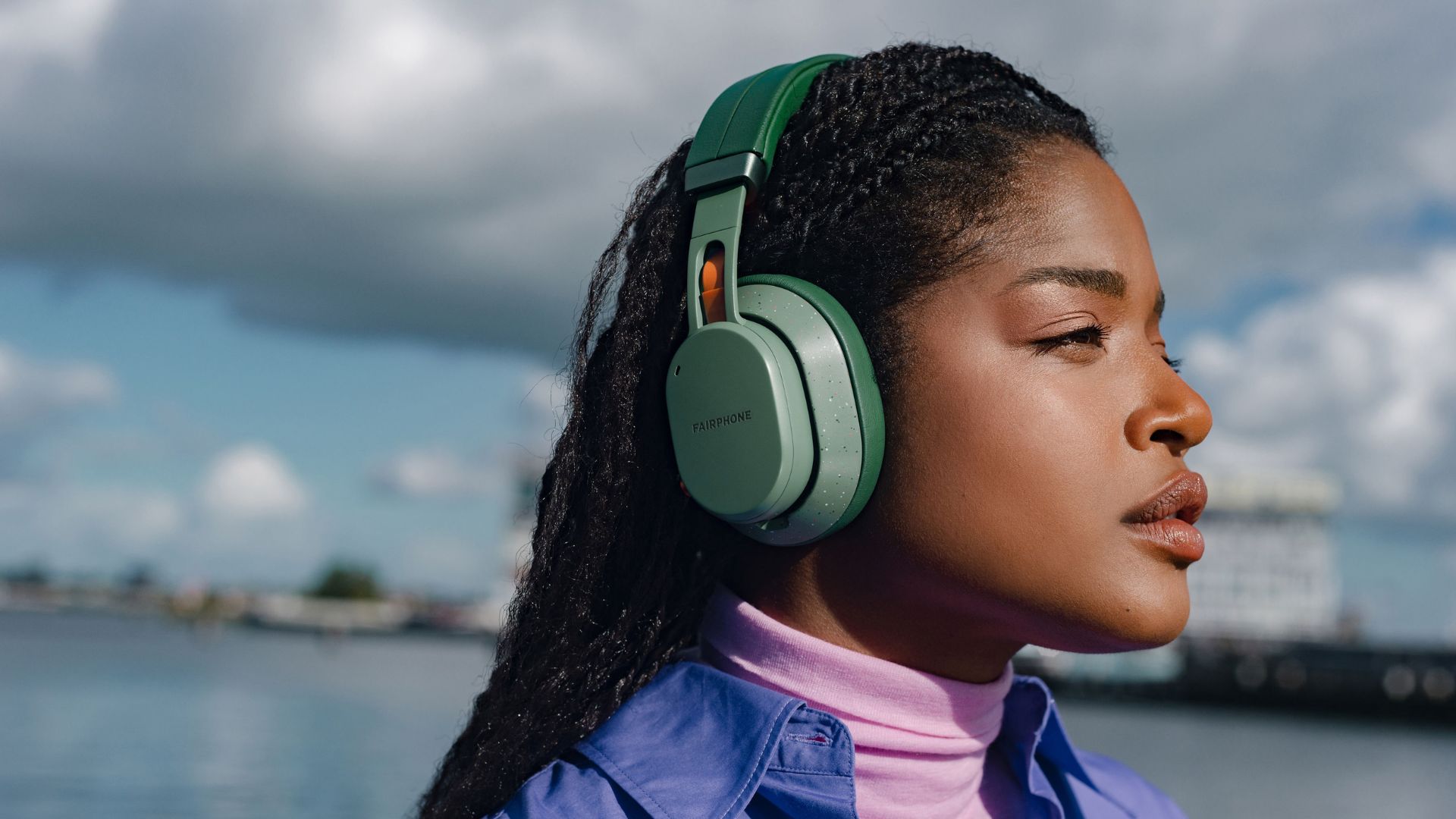
Well, maybe. The idea isn't really a new one – I just told you about the HD600 and their repairability. Instead, it’s one that's now been brought to the Bluetooth headphone space by Fairphone, the company that made a very cool modular phone that was also designed to fight e-waste.
The Fairbuds XL are a pair of Bluetooth headphones with all the requisite features that a pair of headphones released in 2023 should have. There are 40mm dynamic drivers for good sound, active noise canceling to keep the outside world at bay, an app with EQ options, and Bluetooth 5.1 so that you can keep them connected to two devices at once. A pair of Bluetooth headphones they most definitely are.
The Fairbuds XL are a pair of Bluetooth headphones with all the requisite features that a pair of headphones released in 2023 should have.
But they’re also entirely modular. The cans are split into 11 different parts, including the headband padding, headband bar, headband wire, driver units, control stick, and more. You can change out almost every part of the headphones, making for a truly repairable Bluetooth headphone – that won’t need to be thrown away when the battery dies, because you can change it out.
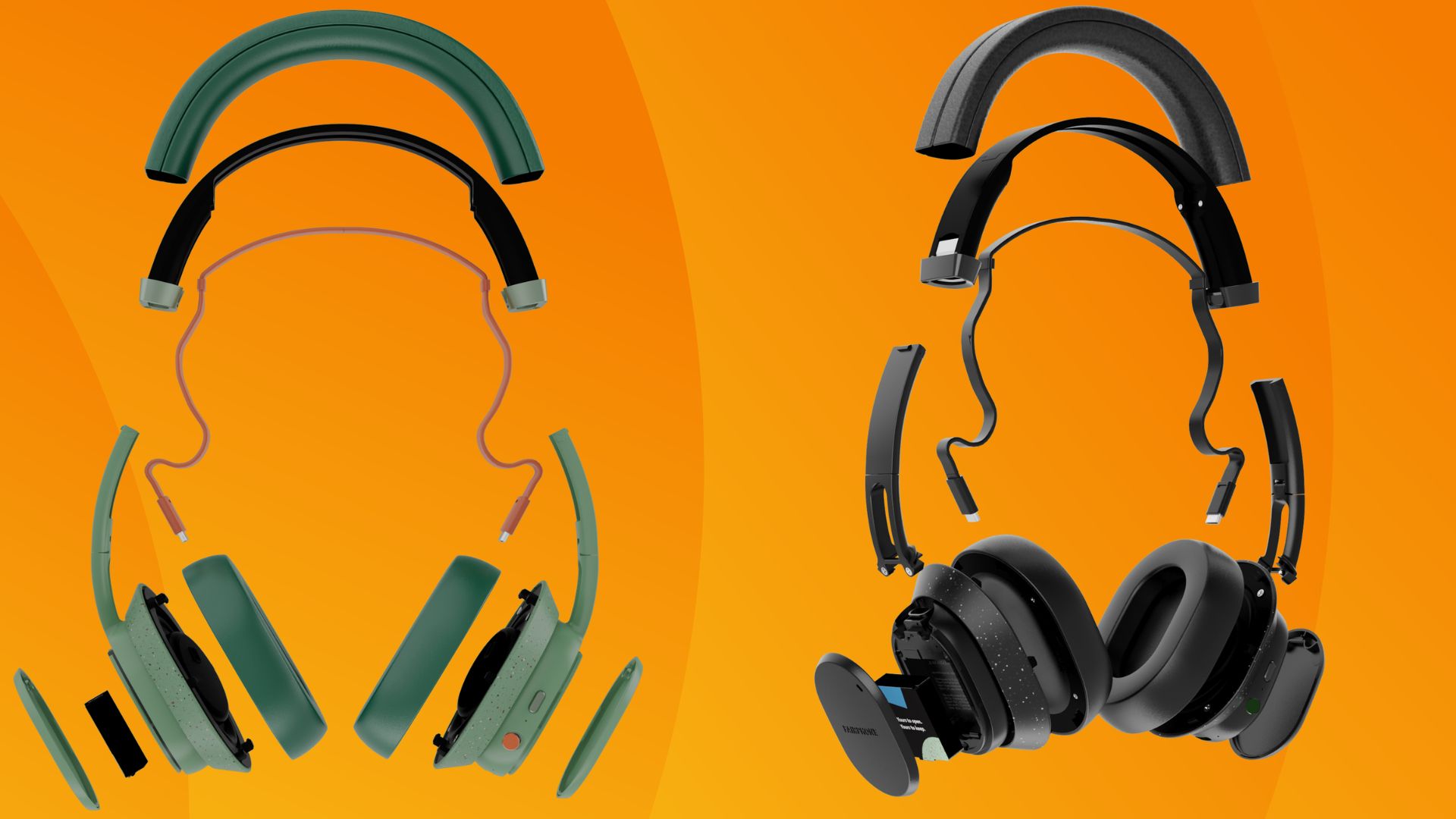
But also think about it this way – a new Bluetooth version comes out? Replace the speaker units and the circuitry, but keep the rest of the headphones that still work. New driver tech comes out? The same thing is applicable – you won’t need to go out and buy a new pair of headphones.
Like the audio gear of old, the Fairbuds XL should make repairability something that's important in headphones again. Whether they sound any good, however, remains to be seen – but until we’ve given them a try, they remain a cool idea that should make the rest of the industry sit up and take notice.
Would you buy them?
Because again, I might. For environmental reasons and for interest reasons alone, without even thinking about the repairability factor. They look cool and different, and I’d love to see more companies make their products more repairable and upgradeable. Less e-waste is always a good thing, and if that’s what stuff like the Fairbuds XL facilitate, then it can only be a win in my book.
You can find the Fairbuds XL at the Fairphone website for $250.







